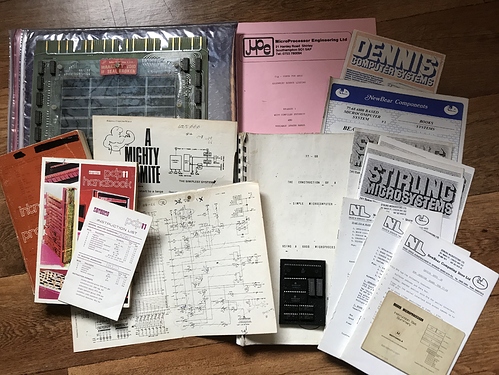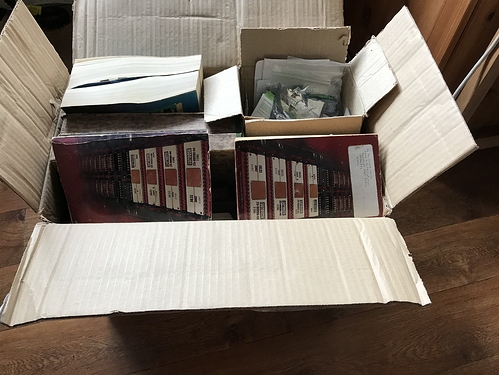Hi. My name is Anders and I am from Denmark.
My way into computers are a tiny bit odd, as I did not buy my own computer untill the age of 17. Though my parents bought a computer for the family when I was around 10, 11 or 12. I really can not remember the exact age that I was. Yet the first computer that I ever saw, was the machines at my mothers work place. It was those mainframes, that had these giant platter storage that could be swapped. I think I was around 6 years old when I saw those computers in the power plants mainframe room.
Fast forward to around 1984, when I was 8 years old. My cusin that were 4 years older than me, bought a Commodore64. I am positive that it was am 250407 board, as the dates of production and the fact that it might have been on storage for some time, matches perfectly up with the 250407 boards. I do not remember what exact game that I played first, yet he had the machine, and for a couple of years, and it was around 1986 that I was alowed to play on it for the first time.
Around late 1987 or early 1988, the son of one of my fathers co worker, got himself an Amiga500. I was totally fixated and mesmorised by that machine. I have never seen anything like that before, and it was such a thing straight out of the future. I think I used the first good part of an hour, just staring at the physical design. And then I discovered what gaming capeabilities the darn thing had. I was in heaven.
Then in 1988, my parents bought an Unisys Pw/2 Series 300 machine. I still have that exact machine, all original and all parts. Plus the complete manual and BIOS setup disks. That machine was an 286 that was capeable of running eighter 8 or 10 mhz. It has an Paradise EGA card and Unisys branded Cherry EGA monitor. 640k of ram and 20mb MFM harddrive. It has an Cherry keyboard and an optical 3-button serial mouse. We used it for anything in the family, and my parents replaced it with an Pentium-133 in 1996/97.
In 1993 I bought my first computer. It was an 486dx33, ET4000, 4mb Ram, 120mb HDD and an Aztech sound galaxy NX Pro sound card. Sold some of the parts in 1995, as I upgraded to an 486dx2-66 VLB system.
Anyway…
I have tried tons of educations in my life, and have always felt that I was running from something. Turned out that I was running from my self, as I was diagnosed with Aspergers syndrome in mild degree when I was 39 years old. Yup… No wonder I love computers this much. Hehe.

